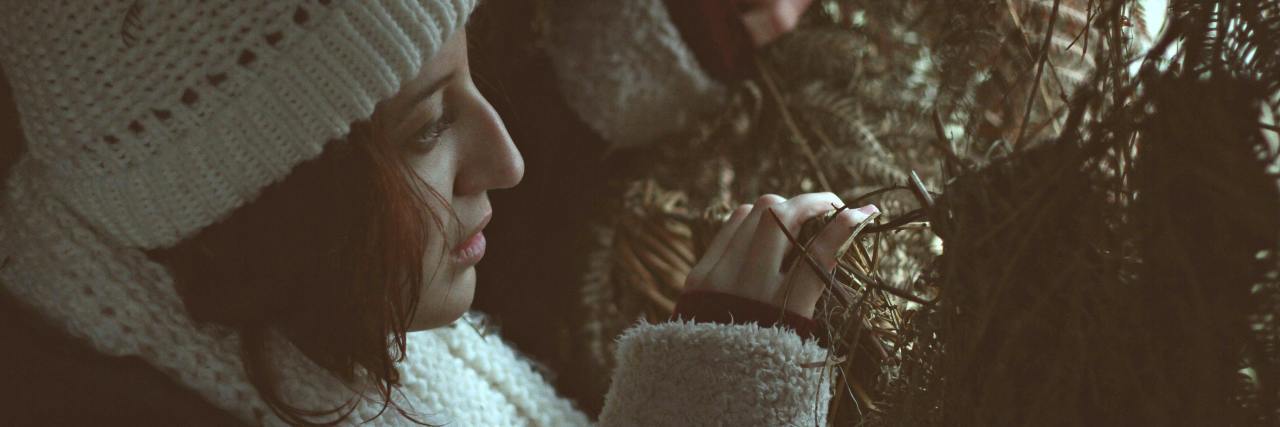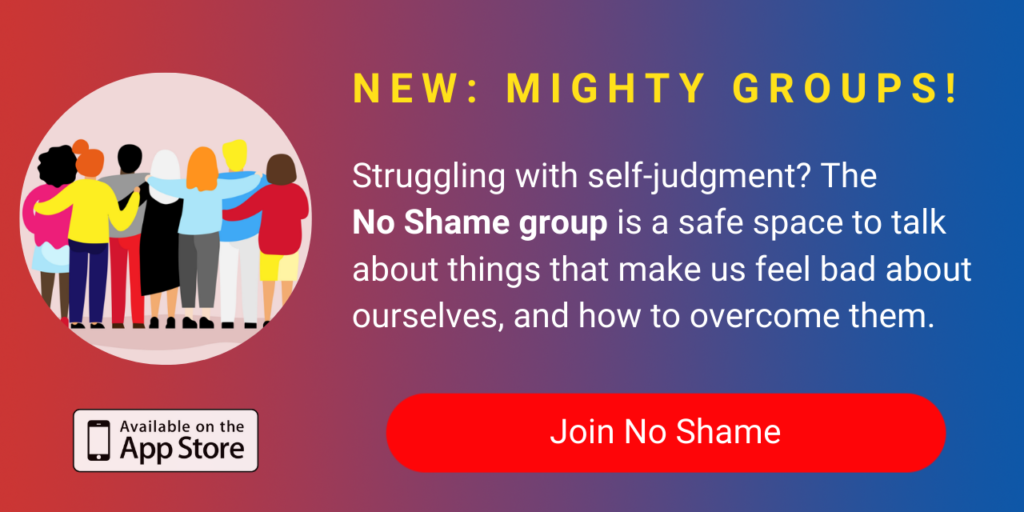I was first diagnosed with schizoaffective disorder bipolar-type when I was in my late teens. The psychiatrist I was seeing at the time was lucky enough to witness the bolder and braver side of me. I was a teenager, after all. I openly discussed my symptoms and didn’t really feel I had anything to lose at the time. I actually spent many days battling suicidal thoughts and being unaware of my delusions. What I did talk about was mainly auditory hallucinations.
Fast-forward to my next psychiatrist and I wasn’t quite feeling the same about openly revealing my psychotic symptoms. So, my diagnosis was eventually changed to bipolar disorder.
Why didn’t I want to talk about psychosis? Well, I wanted to be seen as the “girl next door,” someone a guy would be proud to take home to meet their parents; someone who may have a child someday without worrying about passing on these symptoms to; in short, someone to be looked up to and taken seriously.
However, years later and more recently, I saw the same psychiatrist for many years. She diagnosed me with bipolar disorder unspecified, at first. But after years of observing me, and getting to know me, she brought up the possibility of schizoaffective disorder during a session. My heart began to pound fast. How did she see this in me when I rarely talked about my hallucinations? It turns out she noticed other psychotic symptoms, such as delusions and paranoia. This was during times when I wasn’t necessarily experiencing a mood episode, which is part of the criteria for schizoaffective disorder, as opposed to bipolar disorder with psychotic features.
I walked home that day with thoughts racing through my head. I just had to look up the definition of this suggested diagnosis. When I did, it fit my experiences completely. I was both relieved and terrified. There’s so much stigma attached to any diagnosis with “schizo” in its name. Would I even have to tell anyone? What would they think? Would I be able to tell my partner? Would he leave me? Would anyone stay?
I was eventually diagnosed with schizoaffective disorder. By that time, I already accepted this as a possible diagnosis. Right now, I am still hesitant to tell just anyone, but have become more of a self-advocate. I still have the same heart and mind I always did, no matter what my diagnoses have been. I know I make a good partner, and might even someday make an excellent parent. Am I worried about passing mental illness on to a child? I probably won’t have to worry about that, as I’m at an age where I may not ever have biological children anyway. But there’s always the option to adopt.
Choosing to acknowledge the rough aspects of my illness and embrace some positives I’ve found has provided me with a decent piece of mind. I can be someone to look up to, after all!
Photo by Toa Heftiba on Unsplash


